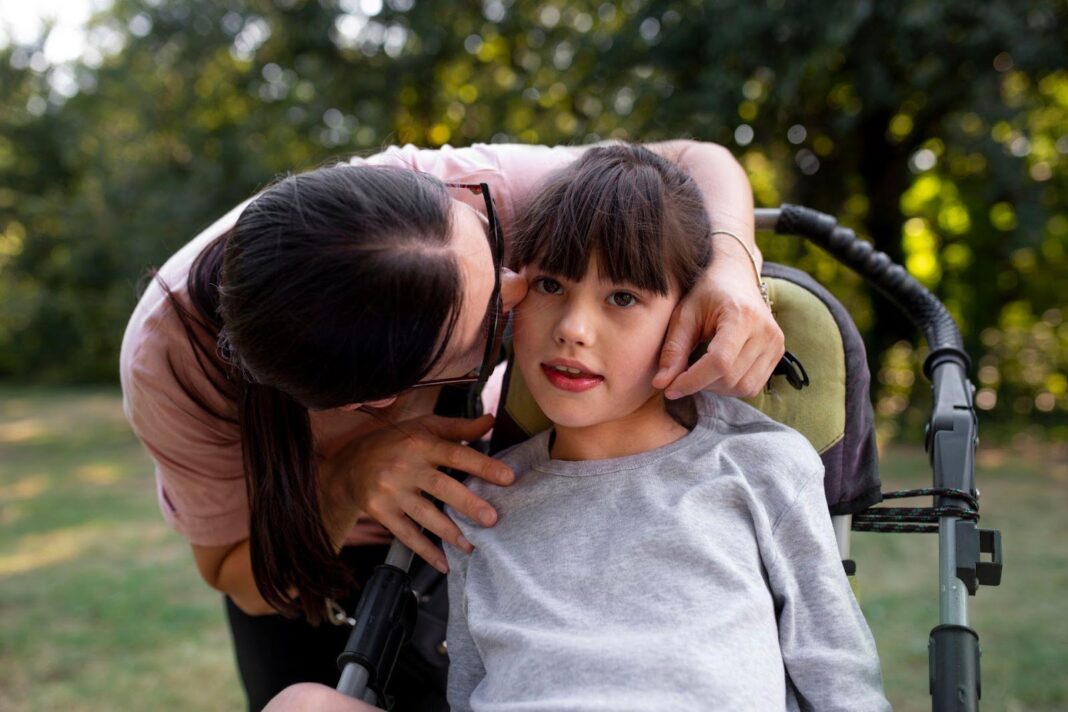Cerebral palsy is a developmental disorder that affects the development of movement and coordination in children. While there is no cure, brain injury can be treated to help a child walk, talk, eat and breathe again. However, it can be hard for friends and family members to understand what cerebral palsy means.
The worst thing is that cerebral palsy is often caused by medical negligence. In states like Florida, medical negligence is already high. In Florida, many children are affected by cerebral palsy due to doctors’ negligence. While nothing can bring back the good health of the child, Florida cerebral palsy attorneys can help the victims to a great extent by getting compensation for their losses.
Here are seven important symptoms of cerebral palsy you should know about.
1. Movement and coordination
Cerebral palsy symptoms often include movement and coordination problems. The child may have trouble walking, sitting, or speaking. As a result, the child may seem slower or less coordinated than other children of the same age. A child with cerebral palsy may also have a hard time using their arms and hands in an organized way. These problems can occur on one side of the body or both.
2. Speech and eating
A child with cerebral palsy may have trouble talking clearly or talking at all. This can be frustrating for the child and family and friends who want to understand what the child wants. A child with cerebral palsy may also have a hard time swallowing. They may gag easily or not be able to keep their food down very well. It can also be very hard for a child or adult with cerebral palsy to eat or drink.
3. Behavior
A child with cerebral palsy may have a hard time controlling their emotions. In some cases, the child may have a hard time expressing what they are feeling or thinking. Some children are slow to react during social activities and interactions with other people and children. As they age, they may act much younger than other children. In Florida, some children with cerebral palsy lose the ability to make eye contact or to look around when talking. This can be very embarrassing for the person with cerebral palsy and make it hard for them to interact with others. Florida cerebral palsy attorneys can explain the condition to you and help you get your child’s support.
4. Developmental delays
A child with cerebral palsy may have trouble with certain skills or movements as they grow older. They may not be able to crawl, walk or run very well, learn to speak clearly, or write well. They may be slow to pick up these skills. This means that their social and academic growth often does not keep up with other children’s. For instance, a child with cerebral palsy may not reach certain developmental milestones like sitting up, crawling, or walking. This can lead to delays in speech, behavior, and social skills.
5. Sensory problems
A child with cerebral palsy may have trouble processing what they sense from the world around them. They may have trouble understanding the information they hear or sees. The child may also be very sensitive to sounds, smells, or touch. For example, a child with cerebral palsy may startle easily when someone touches them unexpectedly. They may also struggle with bright lights, loud noises, or rough textures.
6. Vision problems
A child with cerebral palsy may have vision problems. These can include blurred vision, double vision, trouble focusing on things close up, or trouble seeing in the dark. As a result of these problems, the child may not be able to read very well without glasses or see well when their eyes are tired. A child with cerebral palsy may have poor depth perception and difficulty judging distances using their eyes alone.
Conclusion
Cerebral palsy is the most common of all neurological disorders. It can be hard to recognize, but when it is found early on in a child’s life, treatment can prevent or slow down the symptoms. These seven symptoms are some of the most common ones for a child with cerebral palsy. An important thing to keep in mind is that cerebral palsy symptoms may result from brain damage caused by injury or illness and not just from birth defects.
